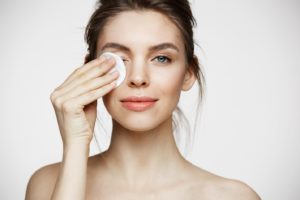
Sleeping in Makeup: Why You Should Stop it and How to Remove Makeup
Does this sound like you? You come home from a long sunny day or a night out dancing and drinking, you get to your room,
Looking for answers about our website, products or services? We are here to help.
For any question, please contact us.
Monday - Thursday: 9 am - 4 pm EST,
Friday: 9 am - 2 pm EST
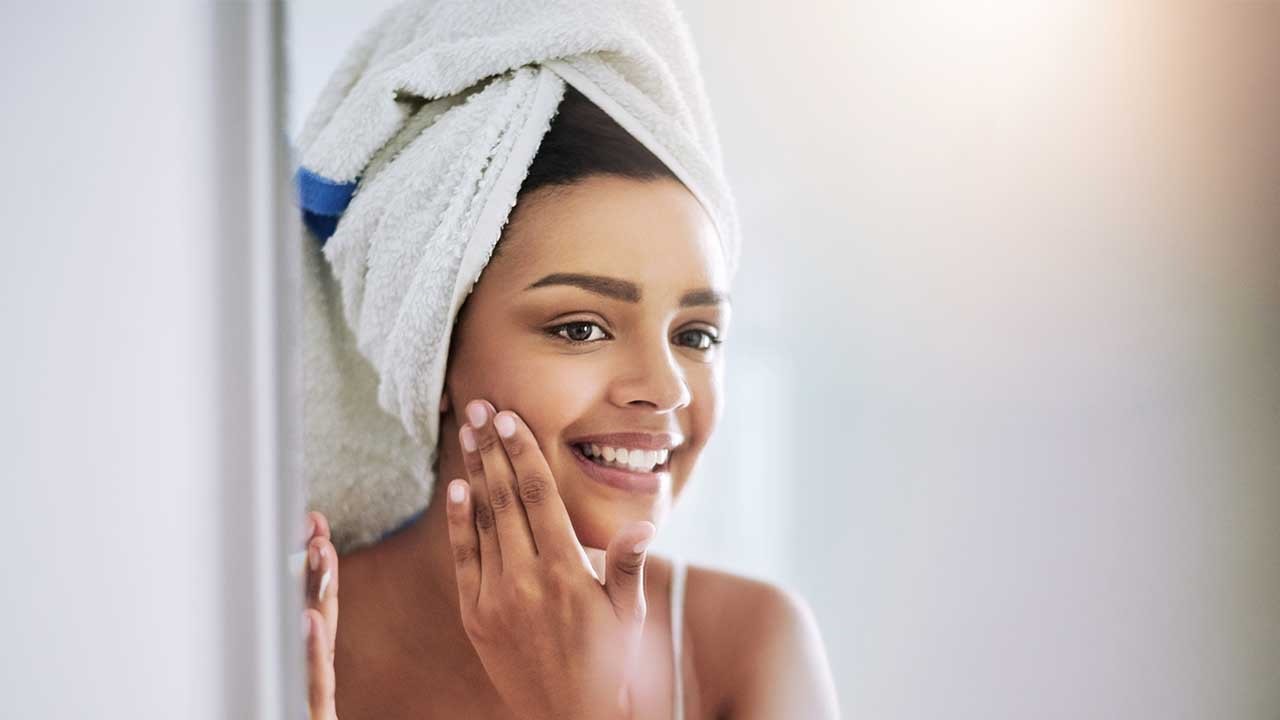
Acne is just one of the common skin disorders that can cause several types of skin blemish. Most of these blemishes can have a huge impact on the face and your skin. These disorders include pimples, whiteheads, and blackheads. Luckily for us, there are many ways to prevent the occurrence of these skin conditions.
In recent times, dermatologists have identified a few factors that contribute to the development of acne. They include;
Your doctor or dermatologist should be able to help identify which factor or combination of factors is causing your breakouts
However, most skin treatment methods and prevention techniques are similar, regardless of the cause. Some of the tips we are going to discuss can greatly help you prevent and reduce the number of breakouts.
Keep reading for our 12 proven ways to prevent pimples.
As they say, there are many ways to kill a rat. Similarly, there are even more ways to prevent pimples and other forms of acne. Let’s start from the very top;
Washing your face twice a day, and refraining from popping pimples while at it, is the first step in improving your skin appearance.
Contrary to popular belief, acne is rarely the result of a dirty face. However, that does not play down the importance of removing excess dirt from your face.
The best way to wash your face is with a mild cleanser and warm water. Next, make a habit of applying an oil-free moisturizer after washing to help keep the skin from becoming too dry. Importantly, avoid over-washing the face as it may cause the skin to become exposed. This will only further aggravate pimples in the process.
This one is a no brainer. Avoid scrubbing your skin with harsh materials. Some people result to using rough cloth pads or washcloths on their faces. This is a big no as it can irritate the skin and cause inflammation, making acne breakouts even worse.
Apply a gentle cleanser with clean hands or a soft brush intended for use on the face if you want to prevent pimples.
When excess oil in the hair travels to the skin, it can make things worse for your face. Hence, make a point of washing your hair to stop anything unwanted from developing, especially close to the hairline. If possible, also stay away from products such as hair gel or spray to avoid them getting to your face. This is because they are capable of clogging pores and causing breakouts.
While it is always tempting to pop a good old pimple, the results are not always positive. Squeezing a pimple usually results in scarring and inflammation, and that is the last thing you want. To fight face pimples another way, you should make use of topical treatment instead. While this may take time to work, it is the best way of preventing new pimples from forming.
Over the counter, treatments can help reduce pimples. Nowadays, quality creams and serums are readily available and can greatly reduce breakouts especially if they occur in certain areas. The chin, nose, and forehead are the most common areas for pimples to appear. Common treatments for these face trespassers mainly consist of benzoyl peroxide and salicylic acid. Although not as potent as prescription-strength treatments, they do help prevent acne and unwanted breakouts.
Topical retinoids are mainly products containing medicines derived from vitamin A. They are a common dermatologist’s prescription to help manage and prevent acne. These treatments are also known to get rid of excess dead skin cells while reducing inflammation. Common retinoids include tretinoin, tazarotene, and adapalene. Apart from adapalene, which is available online and over the counter, the other two are only available with a prescription.
Topical antibiotics are able to tackle the overgrowth of the P. acne bacteria in the skin. Examples of these antibiotics that help fight inflammatory acne include erythromycin and clindamycin and are available by prescription.
You can easily detect this type of acne through its very red and irritated appearance.
Additionally, inflammation can also be painful.
Hormonal birth control pills can sometimes be prescribed to prevent acne. They help prevent the blemishes by regulating the hormones that might make your skin condition worse. A word of warning, however, these pills may carry risks, so make a point of understanding the possible side effects before trying them. Even better, consult a doctor if you are not extremely sure.
In many cases, doctors are not very certain of the relationship between foods and your acne breakouts. However, most of them can agree that certain foods are major culprits. A growing body of research, like the American Academy of Dermatology, found that foods with a high glycemic index may increase the risk of a breakout. Not all foods have the same effect on different patients. If you are vulnerable, make sure you avoid sugary and high carb foods like cookies, pies, and cakes. Dairy products, most notably skim milk, may be another trigger food as well. It is up to you to cut back on any foods that have these effects on your skin.
The sun is an important factor within the livelihood of our planet. Naturally, too much sun can have some damaging effects on our skin.
Sunburn may also lead to a production of excess oil (sebum) which in turn can worsen your already dark spots when the oil clogs the pores.
Applying oil-free sunscreen with a sun protection factor (SPF) of 30 or higher is the recommended way to prevent sunburn and related effects.
Removing dead cells from the skin is crucial to help prevent clogged pores that cause acne and darkened skin. Over-exfoliating means scrubbing too much and upsetting the natural oils from the skin. This results in the skin wanting to produce more oils and this leads to even more pimples.
Excess scrubbing may also cause the skin to become irritated or very tight after washing.
You can consider light or laser therapies from a dermatologist or esthetician. These two can help reduce the presence of P. acne bacteria on your skin.
Like we mentioned above, excess oil can trigger more pimples. Skin care products that have too much oil can only worsen things. Such products are often intended for dry or mature skin that is already lacking in natural oils. Oil-free products are commonly labeled as ‘non-comedogenic’. That should guide you to getting the right products for your skin care routine.
Cleaning your skin regularly and gently with the right products is the first step to a smooth, Acne free skin. Avoiding oil products and regular contact with oil can also help reduce pimples. If for some reason these methods don’t show improvement in the next 6-8 weeks, consider consulting a dermatologist for further advice.

Does this sound like you? You come home from a long sunny day or a night out dancing and drinking, you get to your room,
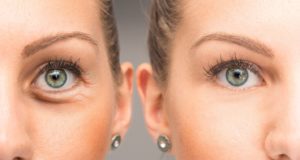
The area under your eyes is relatively small, maybe an inch across. When this area is flat and smooth, almost nobody notices, but suddenly everyone
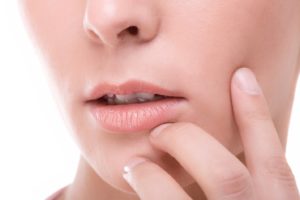
Are you experiencing itchy, dry, and chapped lips? The skin on your lips is thinner and much more delicate than other areas of the body.
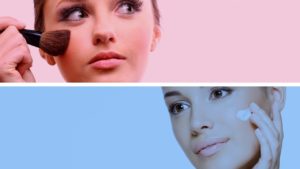
You may already know that sleeping with makeup is a skin care mistake. What you might not realize is the scale of how horrible it
Looking for answers about our website, products or services? We are here to help.
For any question, please contact us.
Monday - Thursday: 9 am - 4 pm EST,
Friday: 9 am - 2 pm EST
PAYMENT | Pay for your order using secure methods

Copyright © 2020 Gold elements, Inc. All rights reserved.
*By signing up, I agree to receive emails from Gold Elements. Click to read our Privacy Policy & Terms and Conditions.
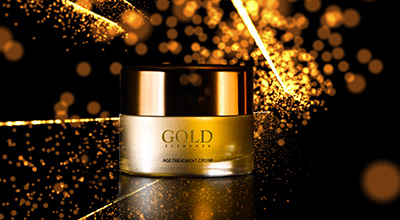
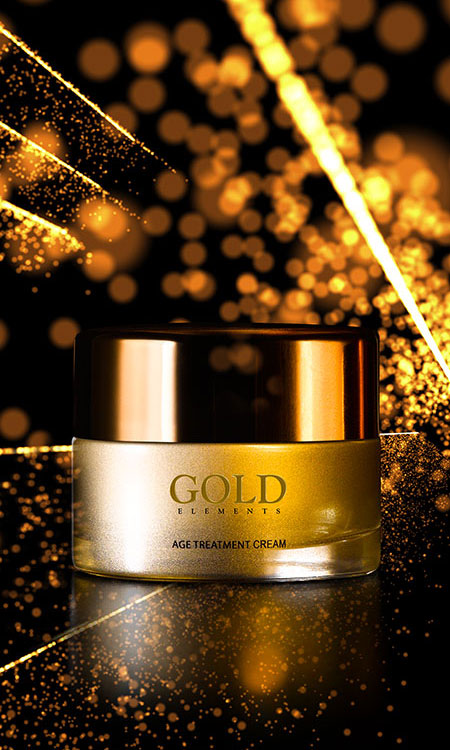
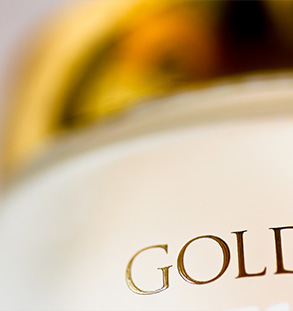




No products were found matching your selection.



